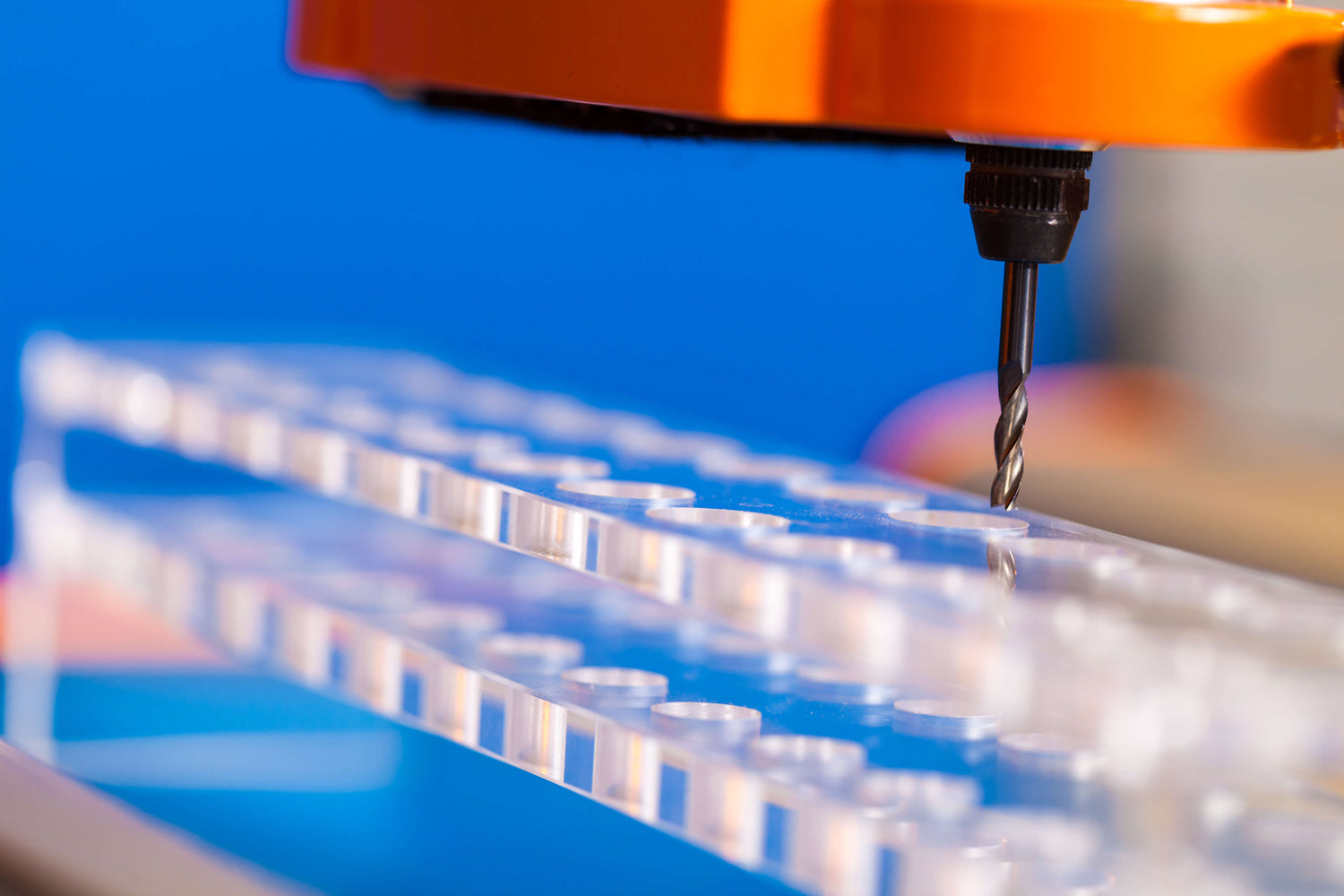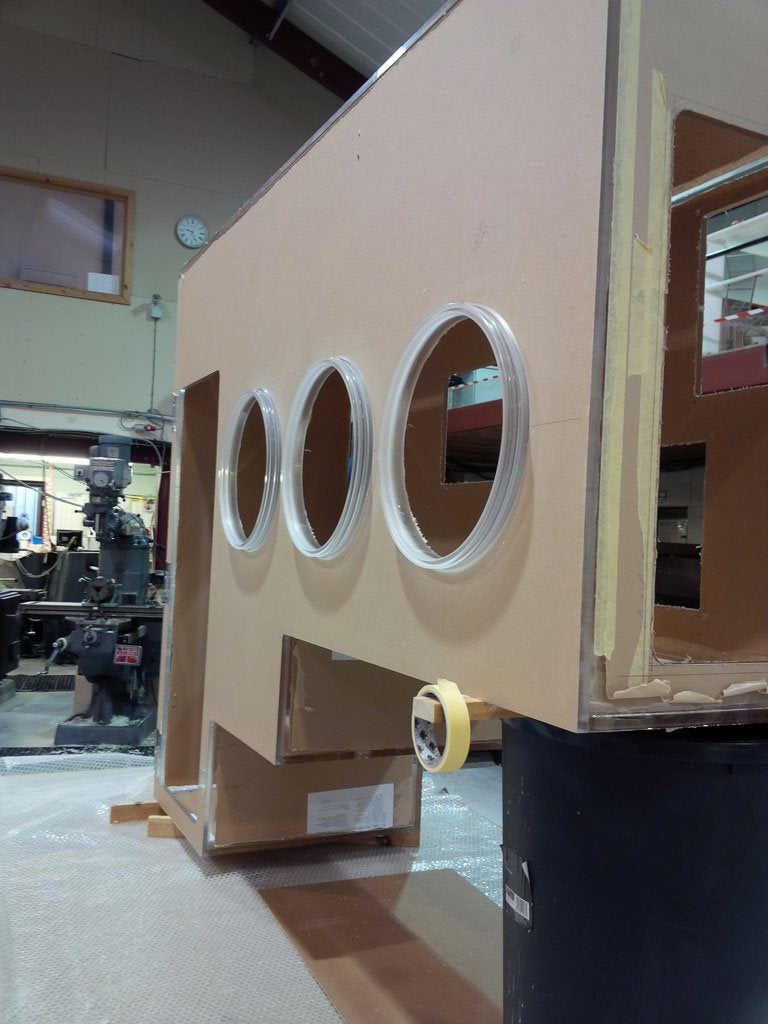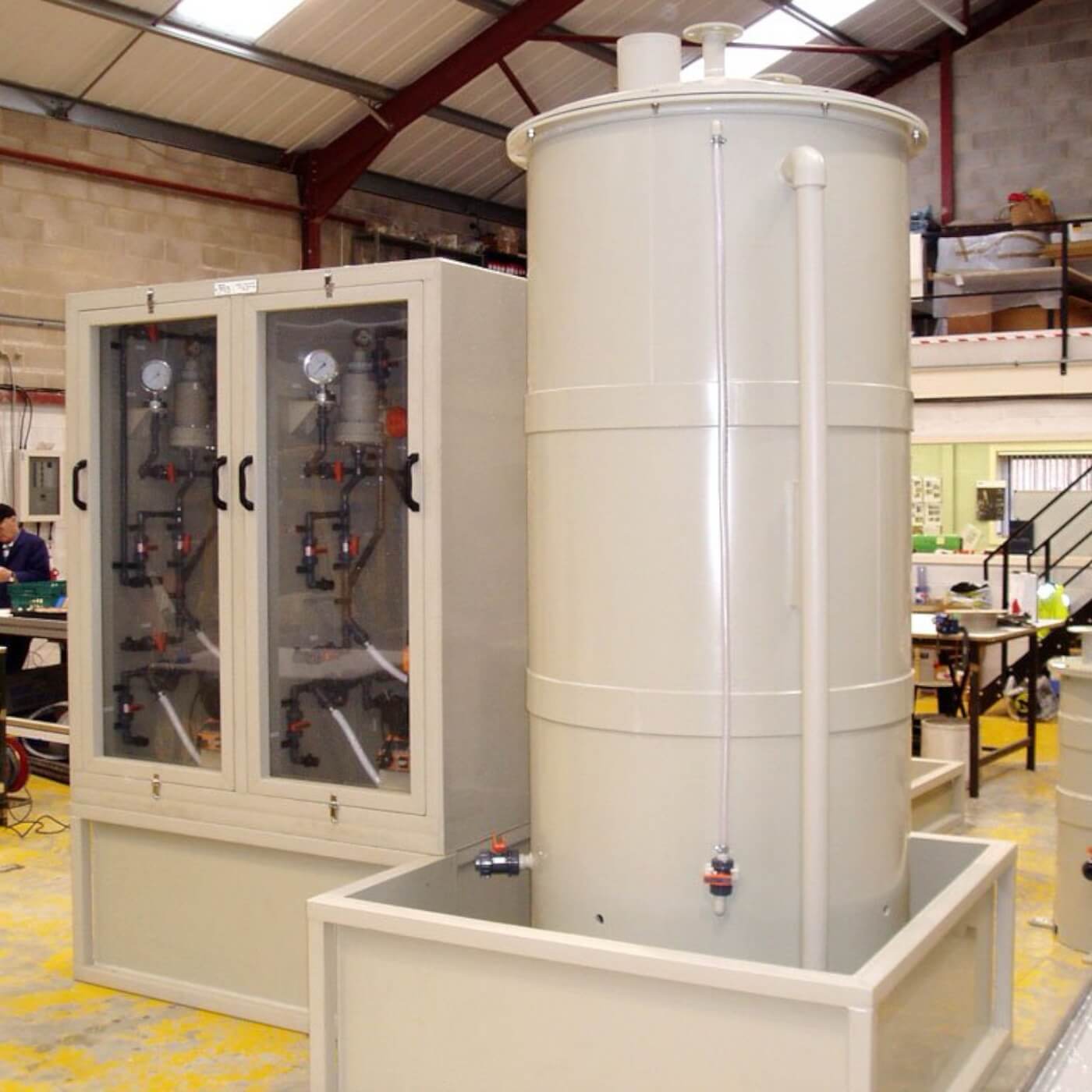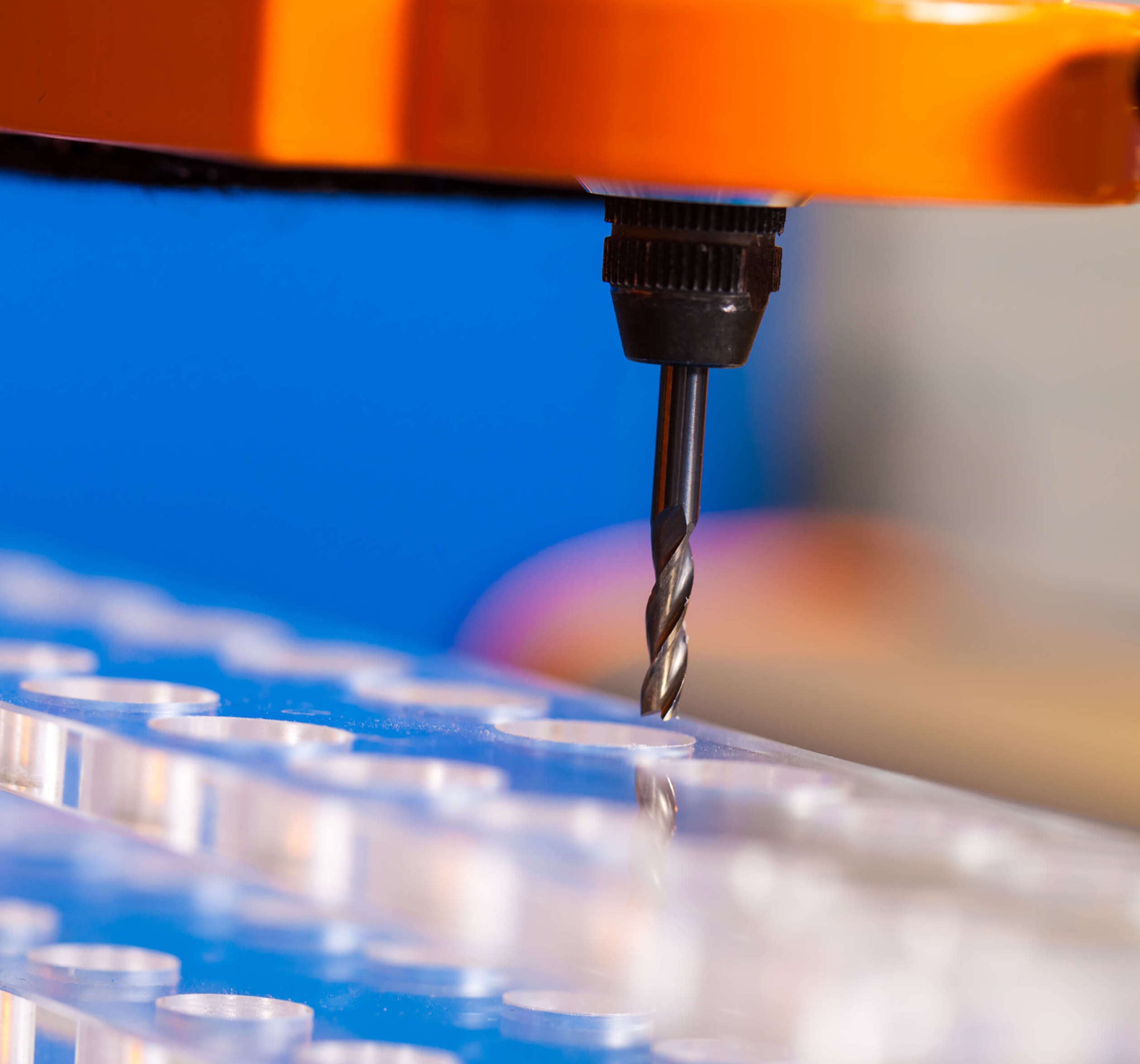CNC (Computer Numerical Control) is a sophisticated technology that allows computer-controlled machinery to shape raw materials into finished products with high precision. The process begins with a digital design created using Computer-Aided Design (CAD) software, which is then translated into instructions for the CNC machine.
| Key Features of CNC Technology | Description |
|---|---|
| Precision | CNC machines produce parts with high accuracy and tight tolerances. |
| Automation | CNC machines operate with minimal human intervention, enabling continuous production. |
| Versatility | CNC can work with a wide range of materials, including metals, plastics, and composites. |
| Consistency | Ensures uniformity and consistent quality across all manufactured parts. |
How CNC Machining Works
CNC machining follows a structured process that converts digital designs into physical products.
| Steps in CNC Machining | Description |
|---|---|
| Digital Design | A detailed digital model is created using CAD software. |
| Programming | The CAD design is converted into G-code using CAM software, guiding machine movements. |
| Machine Setup | Tools and materials are set up in the CNC machine according to the design specifications. |
| Execution | The CNC machine follows the programmed instructions to cut, shape, and finish the raw material. |
Benefits of CNC Machining
CNC machining offers numerous benefits that make it a cornerstone technology in modern manufacturing.
| Benefit | Description |
|---|---|
| Precision | Produces parts with high accuracy, meeting tight tolerances required in many industries. |
| Efficiency | Automates production processes, allowing for continuous operation with minimal downtime. |
| Versatility | Compatible with a wide range of materials, from metals to plastics and composites. |
| Consistency | Ensures uniform quality across large production runs, reducing errors and variances. |
Applications of CNC Machining
CNC machining is utilised across various industries, enabling the production of complex and intricate parts with exceptional precision.
| Industry | Application |
|---|---|
| Aerospace | Manufacturing complex components for aircraft and spacecraft. |
| Automotive | Producing critical parts like engine components and gears. |
| Electronics | Creating precise components for consumer electronics and medical devices. |
| Pharmaceutical | Fabricating equipment and tools for drug manufacturing and research. |
Summary
CNC machining has revolutionised the manufacturing landscape by providing unmatched precision and versatility in producing parts from both metal and plastic materials. Its critical role in industries like aerospace, automotive, electronics, and pharmaceuticals underscores its indispensability in modern manufacturing.
| Key Takeaways | Description |
|---|---|
| Revolutionary Impact | CNC machining has transformed manufacturing, offering precision and versatility. |
| Indispensable Technology | CNC is essential for high-precision production across diverse industries. |
| Future Potential | As CNC technology advances, it will continue to push the boundaries of innovation in manufacturing. |
CNC machining, both for plastic and metal, stands as a pivotal technology in modern manufacturing. Its ability to produce intricate and high-quality parts consistently has made it an essential tool in driving innovation and efficiency across various industries. As technology evolves, CNC machining will continue to play a vital role in shaping the future of manufacturing.





Leave a comment
This site is protected by hCaptcha and the hCaptcha Privacy Policy and Terms of Service apply.